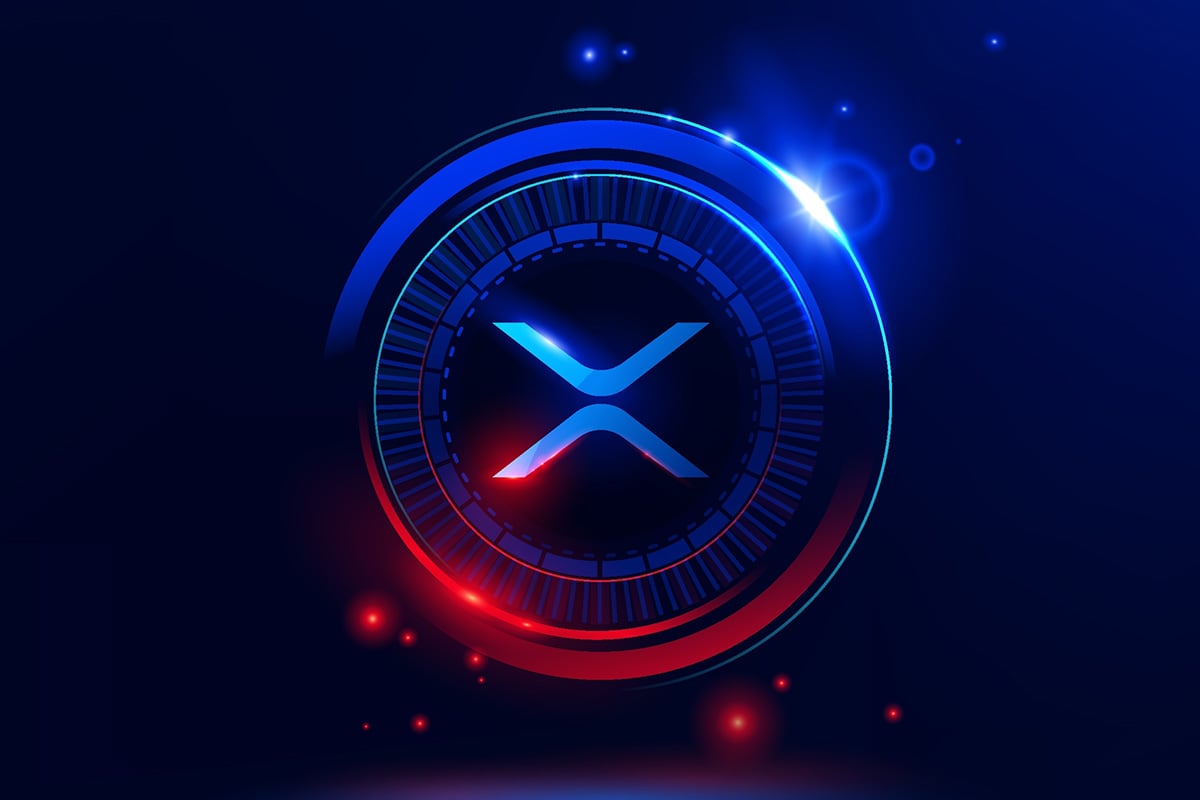Emmanuel Macron said UN sanctions on Iran will return by September 27
French President Emmanuel Macron told Israel’s Channel 12 on Thursday that United Nations sanctions on Iran will be back in force at the end of September.
Asked directly if the sanctions were a “done deal,” Macron replied, “Yes, I think so. Because the latest news we have from the Iranians are not serious.”
Macron then explained that Iran’s foreign minister Abbas Araghchi “tried to make a reasonable offer” to European leaders, but his plan lacked support from others inside the Iranian leadership.
On Wednesday, Iran gave Britain, Germany, and France a proposal aimed at avoiding sanctions.
European leaders advance snapback mechanism
Axios had reported that a draft resolution to extend the suspension of sanctions was circulated at the UN Security Council on Thursday, with a vote planned for Friday.
But the draft is unlikely to pass, meaning the snapback mechanism would move forward, restoring sanctions on Iran come September 27.
Britain, France, and Germany triggered the snapback process on August 28 under Resolution 2231. They demanded Iran return to negotiations, allow wider inspections, and explain missing uranium stockpiles.
Araghchi warned last week that if sanctions return, “they will be excluded from nuclear negotiations with the Islamic Republic.” Oil prices showed little reaction to the political drama.
Brent crude slipped 1 cent to $67.43 per barrel, and U.S. West Texas Intermediate dipped 4 cents to $63.53. Both benchmarks remained on track for a second week of gains, even as the U.S. Federal Reserve cut interest rates.
The E3 offered to delay the sanctions for six months if Iran allowed inspectors from the International Atomic Energy Agency back into nuclear facilities and opened talks with Washington. Inspectors also sought answers about Iran’s enriched uranium stocks, which remain uncertain since Israeli and U.S. strikes hit Iranian nuclear sites in June.
Germany warns sanctions will return
On Wednesday, the E3 foreign ministers and EU foreign policy chief Josep Borrell spoke by phone with Abbas Araghchi.
The call came after a deal last week between Iran and the IAEA to resume cooperation, which also allowed for inspections “in principle,” but Western diplomats said it lacked details, set no timeline, and left Tehran with room to stall.
Iran said it is still refining how to work with the IAEA. Araghchi told Iranian state media that the government was acting “with a responsible approach” and seeking a “fair and balanced” outcome. He added, “It is now the turn of the opposing parties to use this opportunity to continue the diplomatic path and prevent an avoidable crisis.”
Germany’s foreign ministry said on X that Iran had “yet to take the reasonable and precise actions necessary” to extend Resolution 2231.
Officials said sanctions would target Iran’s financial, banking, hydrocarbons, and defense sectors unless there were concrete steps “in the coming days.” Four European diplomats and an Iranian official said the most likely outcome was sanctions being reimposed.
An Iranian diplomat confirmed to Reuters that Tehran would retaliate if the sanctions are restored. Another Iranian official added, “The understanding in Tehran is that the UN sanctions will be reimposed. That is why Tehran refuses to give concessions.”
Want your project in front of crypto’s top minds? Feature it in our next industry report, where data meets impact.
You May Also Like

Vitalik Buterin lays out new Ethereum roadmap at EDCON

Dogecoin Price Prediction For 2025, As Analysts Call Pepeto The Next 100x
